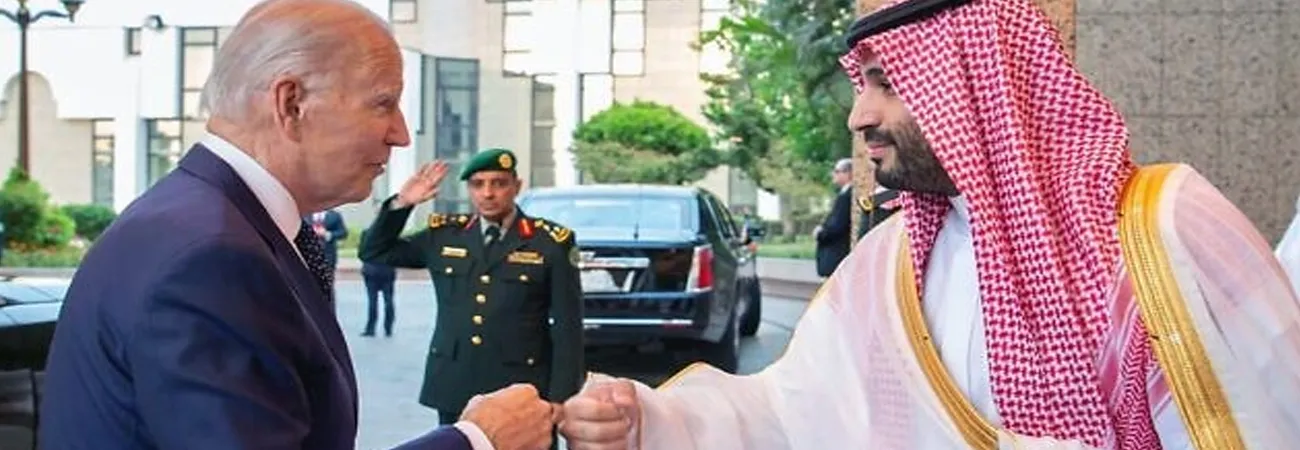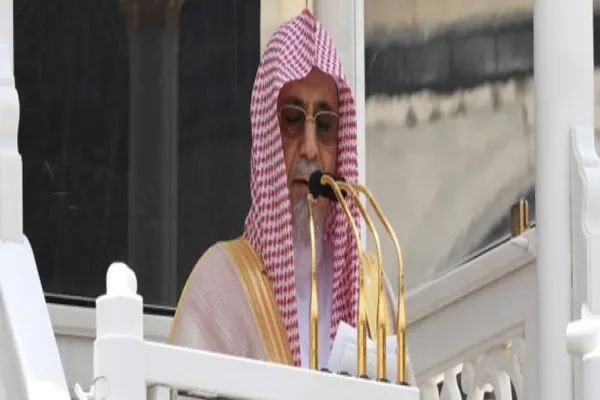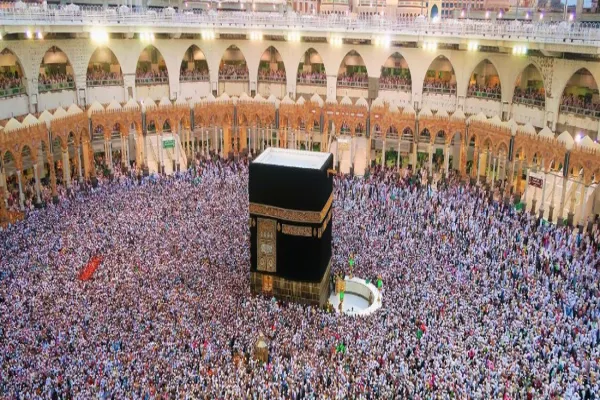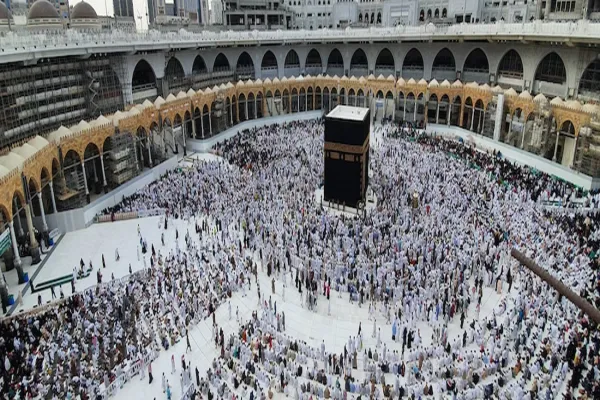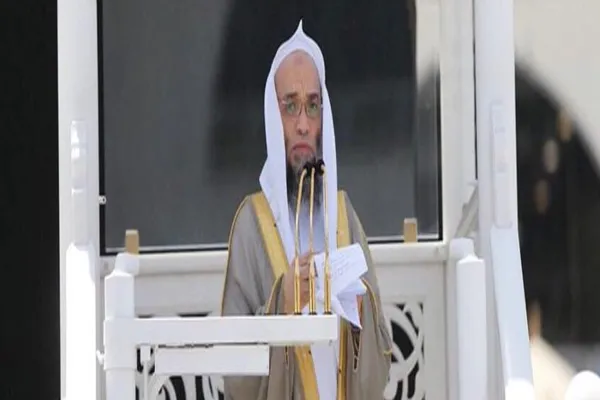PAK-SAUDI SERVICE
For the hundreds of thousands of Israeli democracy defenders who tried to block Prime Minister Benjamin Netanyahu’s judicial coup on Monday, the stripping of the Israeli Supreme Court’s key powers to curb the executive branch surely feels like a stinging defeat. I get it, but don’t totally despair. Help may be on the way from talks between the United States and Saudi Arabia. Yes, you read that right.
When I interviewed President Biden in the Oval Office last week, my column focused on his urging Netanyahu not to ram through the judicial overhaul without even a semblance of national consensus. But that’s not all we talked about. The president is wrestling with whether to pursue the possibility of a U.S.-Saudi mutual security pact that would involve Saudi Arabia normalizing relations with Israel, provided that Israel make concessions to the Palestinians that would preserve the possibility of a two-state solution.
After discussions in the past few days among Biden; his national security adviser, Jake Sullivan; Secretary of State Antony Blinken; and Brett McGurk, the top White House official handling Middle East policy, Biden has dispatched Sullivan and McGurk to Saudi Arabia, where they arrived Thursday morning, to explore the possibility of some kind of U.S.-Saudi-Israeli-Palestinian understanding.
The president still has not made up his mind whether to proceed, but he gave a green light for his team to probe with Crown Prince Mohammed bin Salman of Saudi Arabia to see if some kind of deal is possible and at what price. Closing such a multinational deal would be time-consuming, difficult and complex, even if Biden decides to take it to the next level right away. But the exploratory talks are moving ahead now — faster than I thought — and they’re important for two reasons.
First, a U.S.-Saudi security pact that produces normalization of relations between Saudi Arabia and the Jewish state — while curtailing Saudi-China relations — would be a game changer for the Middle East, bigger than the Camp David peace treaty between Egypt and Israel. Because peace between Israel and Saudi Arabia, the custodian of Islam’s two holiest cities, Mecca and Medina, would open the way for peace between Israel and the whole Muslim world, including giant countries like Indonesia and maybe even Pakistan. It would be a significant Biden foreign policy legacy.
Second, if the U.S. forges a security alliance with Saudi Arabia — on the conditions that it normalize relations with Israel and that Israel make meaningful concessions to the Palestinians — Netanyahu’s ruling coalition of Jewish supremacists and religious extremists would have to answer this question: You can annex the West Bank, or you can have peace with Saudi Arabia and the whole Muslim world, but you can’t have both, so which will it be? Now wouldn’t that make an interesting discussion around Netanyahu’s cabinet table?
I’d love to see Israel’s far-right finance minister, Bezalel Smotrich, go on Israeli television and explain to the Israeli people why it is in Israel’s interest to annex the West Bank and its 2.9 million Palestinian inhabitants — forever — rather than normalize ties with Saudi Arabia and the rest of the Muslim world. A Saudi-Israeli peace could dramatically reduce the Muslim-Jewish antipathy born over a century ago with the start of the Jewish-Palestinian conflict. But before such a choice — annexation or normalization — can be brought before this extremist Israeli government, a lot of things have to be agreed to by a lot of people.
That said, Jake Sullivan is not in Riyadh today for tourism. The Saudis are seeking three main things from Washington: a NATO-level mutual security treaty that would enjoin the U.S. to come to Saudi Arabia’s defense if it is attacked (most likely by Iran); a civilian nuclear program, monitored by the U.S.; and the ability to purchase more advanced U.S. weapons, like the Terminal High Altitude Area Defense antiballistic missile defense system, which are particularly helpful to the Saudis against Iran’s growing mid- and long-range missile arsenal.
Among the things the U.S. wants from the Saudis are an end to the fighting in Yemen, where the conflict has blessedly been diminishing over the past year, an unprecedentedly large Saudi aid package to Palestinian institutions in the West Bank and significant limits on the growing relationship between Saudi Arabia and China.
For instance, the U.S. was not amused by reports last year that Saudi Arabia was considering accepting Chinese renminbi to price some oil sales to China instead of the U.S. dollar. Over time, given the economic clout of China and Saudi Arabia, that could have a very negative impact on the U.S. dollar as the world’s most important currency. That would have to be canceled. The U.S. also wants the Saudis to curtail their dealings with Chinese tech giants like Huawei, whose latest telecommunications equipment is banned in the U.S.
This would be the first time the U.S. signed a mutual security pact with a nondemocratic government since President Dwight Eisenhower did so with predemocratic South Korea in 1953, and it would require Senate approval.
Credit: Independent News Pakistan (INP)


